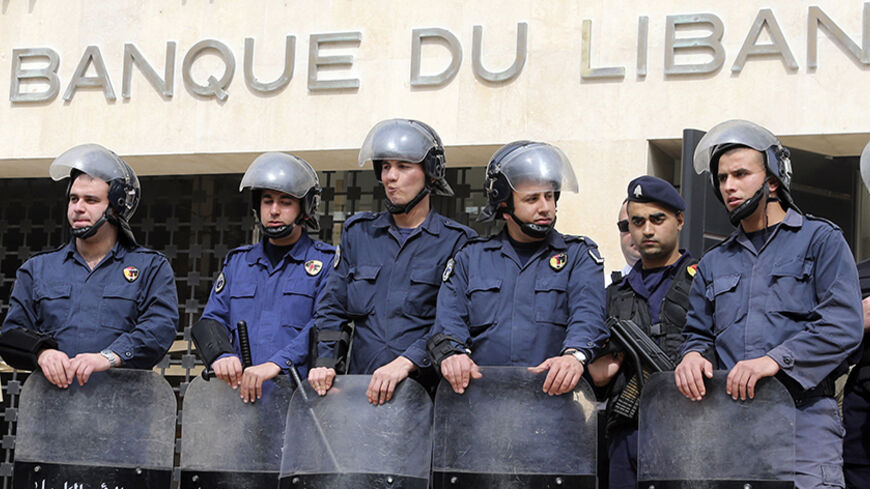European officials, not the Lebanese, are the ones raising sharp questions about Hezbollah sanctions legislation that unanimously passed the House in July.
France and Great Britain in particular have warned Congress and the State Department about risks to Lebanon's economy, Lebanese and Capitol Hill sources tell Al-Monitor. The legislation has stalled in the Senate partly as a result, but the bill's backers are confident they can address any concerns.



